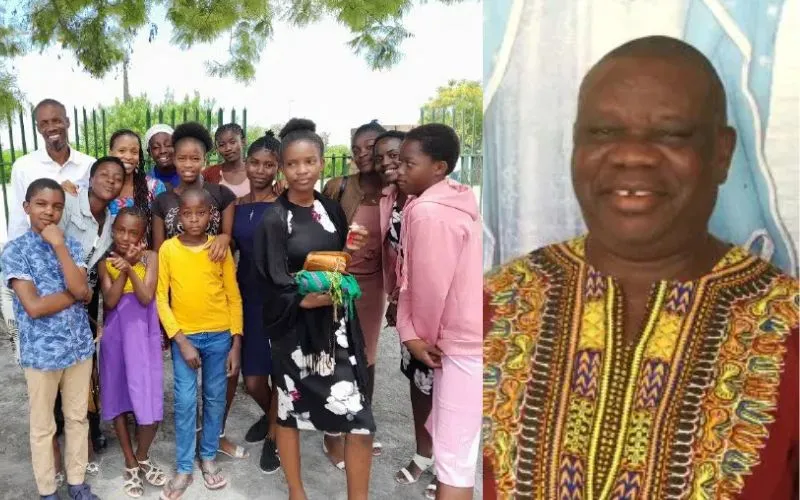Nairobi, 15 June, 2024 / 10:19 pm (ACI Africa).
Roseline Uiras, who works with families in Namibia, is worried that the family structure in the Southern African nation is deteriorating.
In Northern Namibia’s city of Tsumeb where she is helping to strengthen families in collaboration with pro-life organization, Human Life International (HLI), Uiras has observed an increase in cases of gender-based violence, Lesbian, Gay, Bisexual, Transgender, and Questioning/Queer (LGBTQ), and other western influences.
“People have lost their identity. It’s very unfortunate that we grow up witnessing tragic scenarios in our communities: gender-based violence, same-sex marriages, and the LGBTQ lifestyle,” Uiras says in her message on Father’s Day 2024, celebrated in many countries on Sunday, June 16.
“We have lost men - lost fathers - as a result of this. Many have run away from their fatherly responsibilities. Some have turned to substance abuse,” Uiras says in a message shared by HLI, and asks, “Who will lead the children? These confused, so-called ‘fathers’? Who is supposed to teach, protect, and provide for their children?”
Uiras relates the story of Mark, the sole caregiver for his four children.








